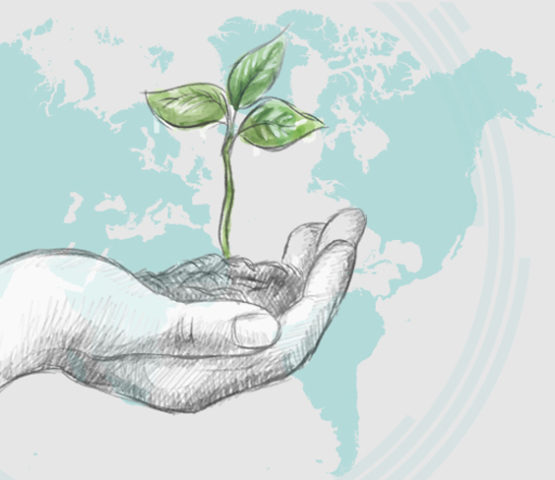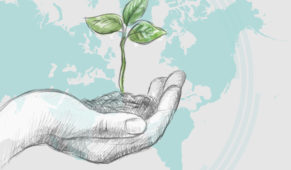The 52 passengers of the Akademik Shokalskiy, the scientific research vessel that became stuck in heavy sea ice off Antarctica over Christmas, arrived back on dry land on Wednesday morning, after an international rescue operation and almost two months at sea. On board the ship that had brought them back, the Aurora Australis, the passengers…
ReadEnvironmental News
Last year was tied for the fourth-warmest year on record around the world. The National Oceanic and Atmospheric Administration on Tuesday released its global temperature figures for 2013. The average world temperature was 58.12F (14.52C) tying with 2003 for the fourth-warmest since 1880. Nasa, which calculates records in a different manner, said Tuesday that 2013…
ReadFishermen in Japan began slaughtering hundreds of bottlenose dolphins early on Tuesday morning, campaigners said, despite mounting international calls for the animals to be spared. Members of the marine conservation group Sea Shepherd who are monitoring the annual cull in Taiji, on Japan’s Pacific coast, said local fishermen had started killing an estimated 250 dolphins…
ReadGreg Hunt, the environment minister, has helped clear the way for a controversial shark cull in Western Australia by exempting it from federal legislation designed to protect threatened species. Hunt has agreed to the WA government’s request to have the cull exempt from assessment under the Environment Protection and Biodiversity Conservation Act, citing a “national…
ReadThe world’s richest countries are increasingly outsourcing their carbon pollution to China and other rising economies, according to a draft UN report. Outsourcing of emissions comes in the form of electronic devices such as smartphones, cheap clothes and other goods manufactured in China and other rising economies but consumed in the US and Europe. A…
ReadThe UK’s run of rain-drenched summers could be ended by a slow-down in major Atlantic currents which bring warm, wet air to Europe, according to research. The currents were known to have weakened since 2004 but the new work suggests the trend began in the 1990s and shows no sign of ending. However, the scientists…
ReadGlobal investment in clean energy fell for the second year in a row to $254bn last year, with green investment in Europe crashing by 41%, new figures showed on Wednesday. The drop casts a pall over a high-profile investor summit at the United Nations on Wednesday. The summit, organised by the Ceres investor network, was…
ReadBeijing’s skyscrapers receded into a dense gray smog on Thursday as the capital suffered the season’s first wave of extremely dangerous pollution, with the concentration of toxic small particles registering more than two dozen times the level considered safe. The air took on an acrid odour and many of the city’s commuters wore industrial strength…
ReadMost living things reach a certain age and then stop growing, but trees accelerate their growth as they get older and bigger, a global study has found. The findings, reported by an international team of 38 researchers in the journal Nature, overturn the assumption that old trees are less productive. It could have important implications…
ReadThousands of Australian honey bees have been fitted with tiny sensors in a study to help understand what is causing the precipitous collapse of colonies around the world. About 5,000 bees will carry the 2.5mm x 2.5mm sensors, like hi-tech backpacks, for the next two months at the study site in Hobart. The CSIRO-led research…
Read


